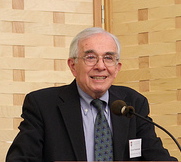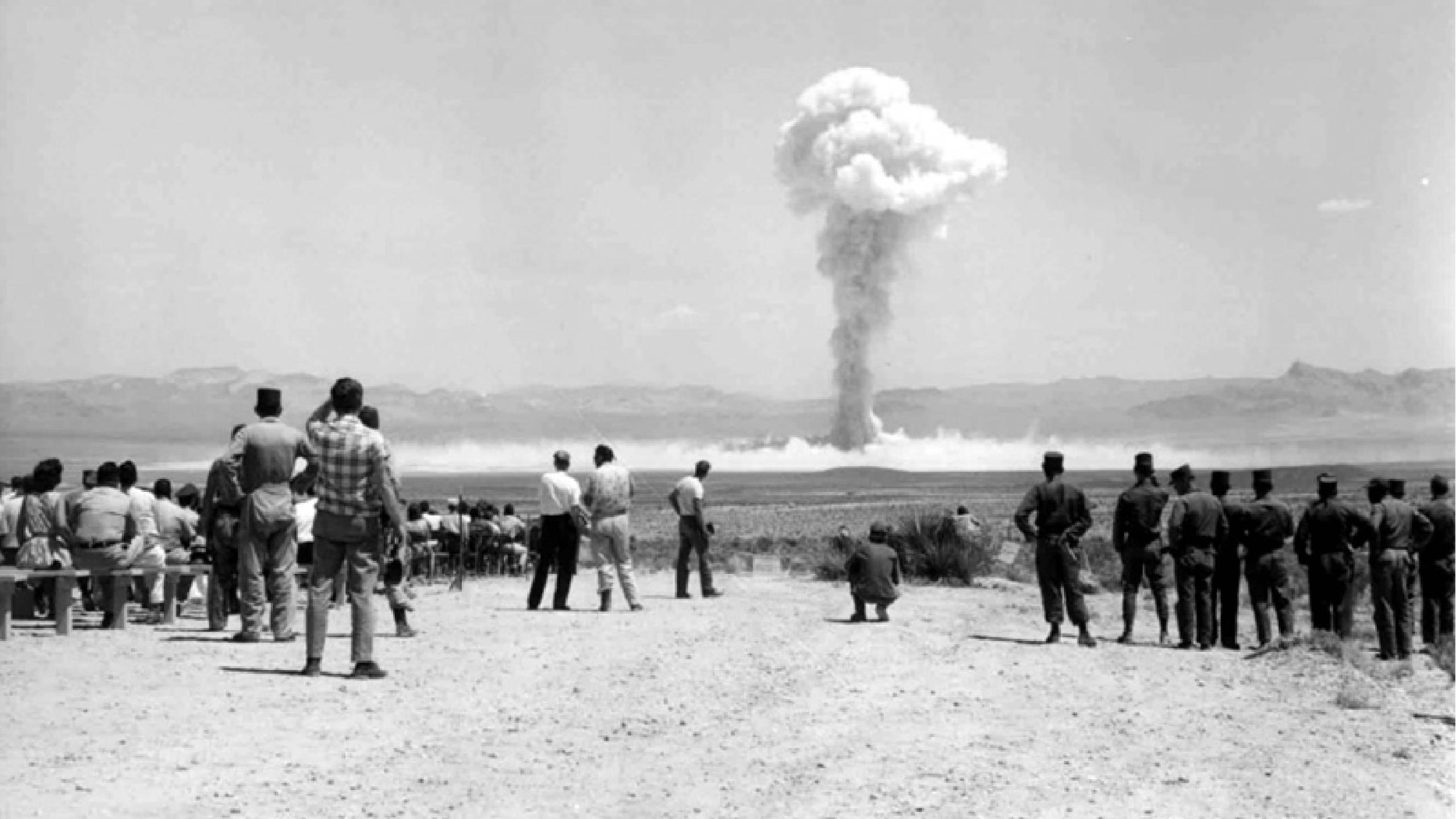We consider the ethical implications of scientific research, especially when the aim is to develop methods to inflict bodily harm on a mass scale. Are the scientists involved morally responsible for the use of these weapons on civilians? What about the researchers who designed the atomic bomb in the top-secret Manhattan Project during WW2, which ushered in the existential peril of the nuclear age?
Author and historian Robert Neer recounts the classified research conducted at Harvard in the early 1940s, which yielded the weapon napalm. Use of napalm was widely accepted in WW2 and killed more Japanese even than the atomic bombing of Hiroshima and Nagasaki. But when napalm was used by the U.S. military during the Vietnam war, critics decried the substance—a gasoline-based gel that sticks to human skin and burns to the bone at extremely high heat—as inhuman. An iconic photo showed a 9-year-old girl, who was burned severely by napalm. Yet the chief scientist who developed the weapon later disavowed responsibility for its use. We also hear from Harvard science historian Everett Mendelsohn, who signed an anti-napalm petition in 1967 and has since studied and taught about the gap between weapons research and a deep awareness of how weapons development can lead to great human suffering. Dr. Mendelsohn passed away in June 2023 at age 91.
 By and large, the scientific community has, indeed, attempted to gain its technical success before asking about the social and moral implications of what that success will bring.”
By and large, the scientific community has, indeed, attempted to gain its technical success before asking about the social and moral implications of what that success will bring.”
—Everett Mendelsohn, History of Science professor emeritus at Harvard University














